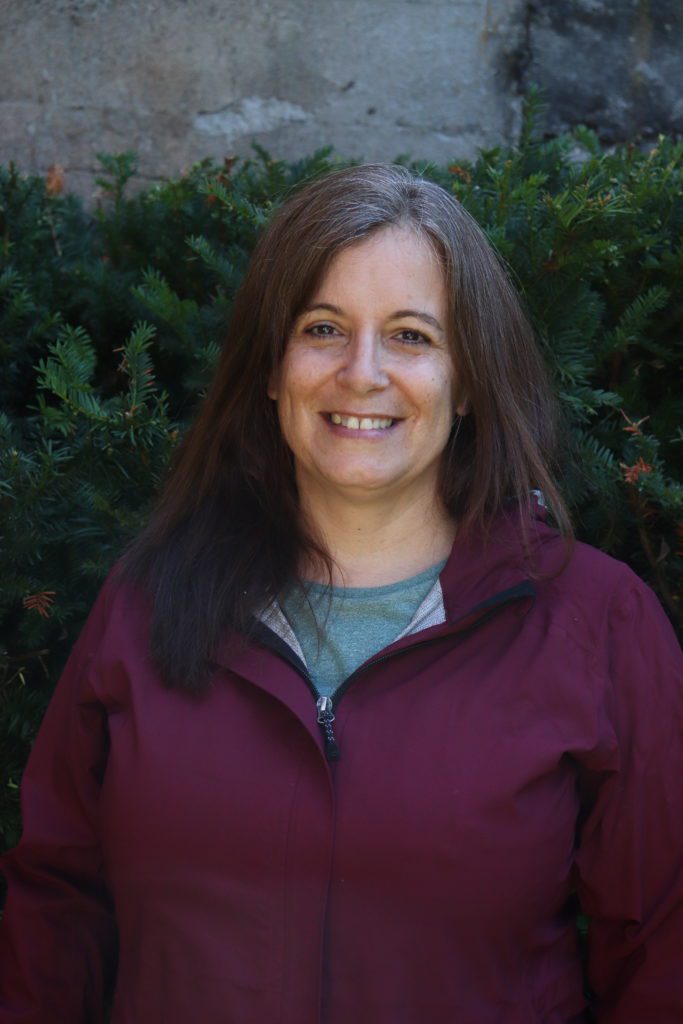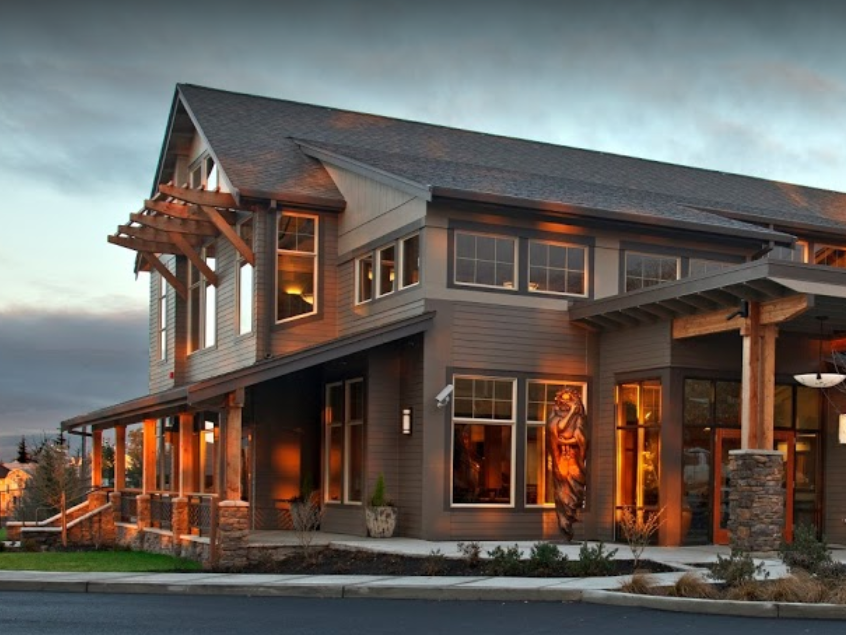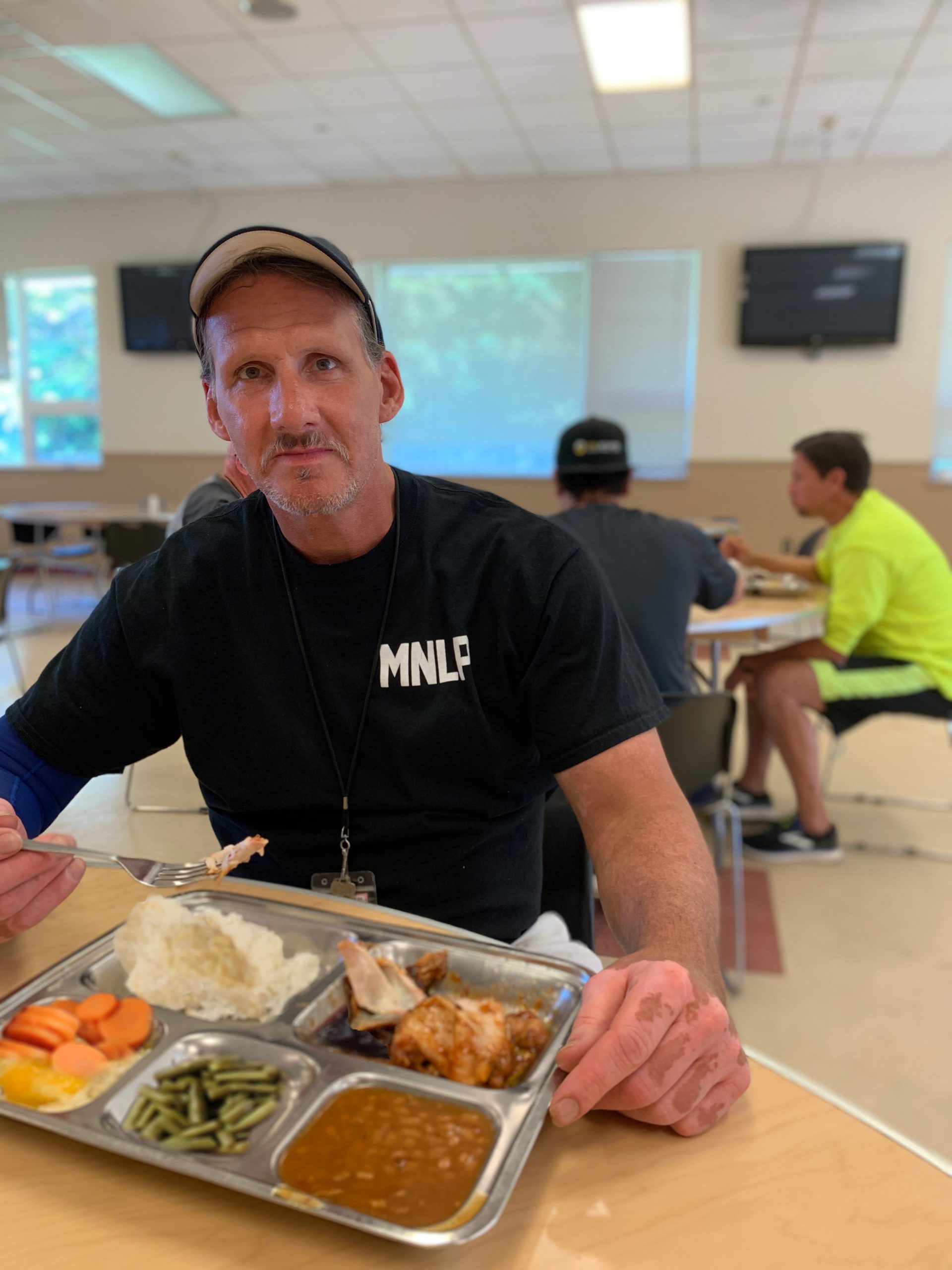
“We are not going to see the results of the oxycotton use for a while yet,” he said. The drug currently costs about $65 a pill, and he believes youth will begin to steal from their families in order to cover the cost. Within the next few years, Doyle believes Ox圜ontin will be the next big drug to rope in young people. It used to be the old crusty dude down on the corner panhandling,” he said. “The face of homelessness is changing somewhat. Les Doyle of the Tacoma Rescue Mission has also noticed the transition. From there, interest in harder drugs, like heroin, emerges. Teenagers have access to their parents’ prescription medications. Hamilton said drug addiction for youth begins in the home. Drug use has become something that people are starting younger.” “We have a heavy population of 20- to 35-year-olds. “Our population has also become much younger in terms of who we have in residence here,” said Lisa Hamilton, a substance abuse counselor in Boston. Substance abuse topped the list every time.Ī recent trend has shown an increase in the number of young people ending up homeless. cities their top three causes of homelessness. Meanwhile, a survey conducted by the United States Conference of Mayors in 2008 sought to pinpoint the root causes of homelessness. “Unemployment has been a huge one, lack of education, sometimes it’s been alcohol abuse, sometimes it’s been generational poverty. Tammy Holder, executive director of the Beach House shelter in Toledo, Ohio, said there are many culprits. Other shelter directors said homelessness is the result of unemployment, mental illness, dysfunctional families, domestic abuse - just to name a few. It’s the mindset, and the government can’t do nothing about that,” he said, his piercing blue eyes panning the street. It’s the lack of hope, the lack of something to work towards. He now sits outside the Road Home shelter in Salt Lake, smoking a cigarette with his girlfriend Jennifer while sipping gas station coffee. Josh, another homeless man in Salt Lake, grew up in Canada and began hitchhiking across the states soon after high school.

While drug involvement led Bailey to homelessness, others say it is not the cause. “But typically, the drug abuse will start and then you end up homeless because all your money goes to support your habits.”

“It works both ways, from what we’ve seen here,” said Patty Turnberg, executive director of Immanuel Community Services in Seattle. The demand always stays high,” said Les Doyle, director at the Tacoma, Wash., Rescue Mission.īut when looking at root causes, two questions must be asked: Does the homeless lifestyle lead to drug and alcohol use? Or, does drug and alcohol use lead to homelessness? “I only have a finite amount of beds and spaces. This puts stress on shelters that cannot accommodate the need. At the same time, national homelessness has increased in part because of the rise of home foreclosure, NSHAPC reported. “I think right now I’m on the stairway to heaven.”Īccording to the National Survey of Homeless Assistance Providers and Clients, more than 80 percent of homeless people have experienced drug and/or alcohol problems throughout their lives. I figure there’s gotta be something better on the other side,” he said. Would he hang himself that night as he had attempted twice before while in prison? With just the clothes on his back and with dreams left unfulfilled, Bailey looked up at the blue evening sky, and sighed. Bailey ended up on the streets, depressed, hungry, wondering if the homeless lifestyle was any sort of life at all. But when he overstayed his welcome, she also kicked him out. Bailey’s mother was the only one who reached out to him once he was released from prison. But his drug dependence left him sitting in jail with a bad conduct report and subsequent dismissal from his service. Years later, after stepping into drugs, Bailey dropped his enrollment at Salt Lake Community College and joined the Navy. Then I went out to prison.”īailey, 53, moved to Salt Lake City from Arkansas when he was 8 years old. “Then I went across the tracks and started getting high. I was doing good, had great friends, went water skiing, camping, everything, loved life,” he said. “I went to the other side of town, across the railroad tracks. Bailey was quiet at first, but suddenly opened up and began to tell his story in a slow, almost calming voice.

“Sometimes, you just wanna take that one hit that ends the whole thing,” he said.īailey and dozens of other homeless people crowded the sidewalk outside the shelter, talking with each other and smoking cigarettes. Bailey contemplated if he would make it his last day on earth. He stared at the sun-drenched mountains, and a look of concern crossed his dark face. Amid the surrounding voices and city noise, a sort of solemnity emanated from Bailey.

SALT LAKE CITY - Dennis Bailey stood outside Salt Lake’s Road Home shelter with a pair of brown sunglasses concealing his steady eyes.


 0 kommentar(er)
0 kommentar(er)
